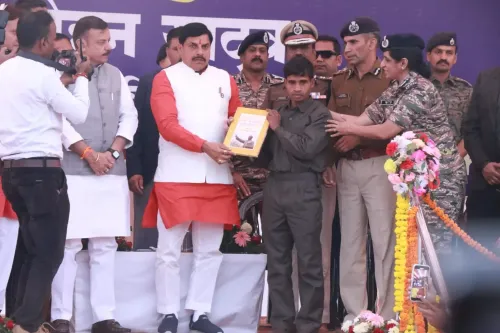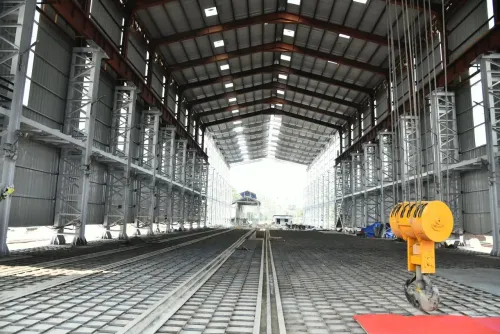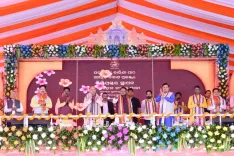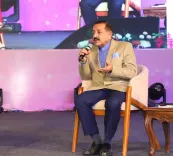Transformations in India’s Rural Lending Ecosystem: Rise of Structured Loan Models
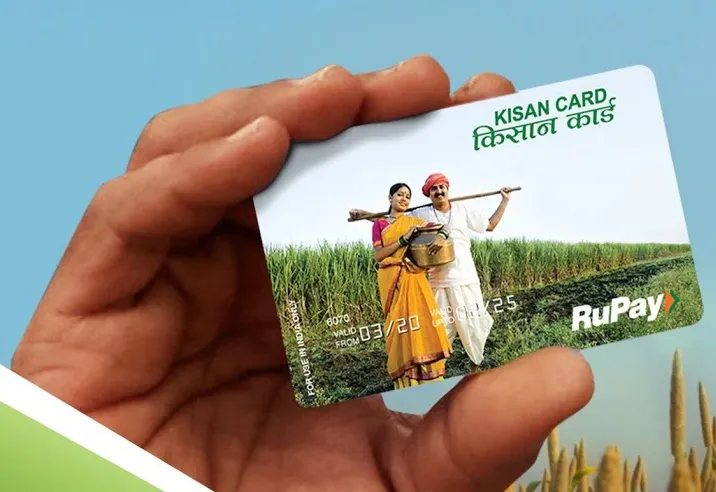
Synopsis
Key Takeaways
- Government initiatives like KCC support farmers.
- Fintech lenders dominate personal loan approvals.
- Increased access to collateral-free loans.
- Innovative credit assessment models enhance access.
- Collaboration is vital for financial inclusivity.
New Delhi, April 2 (NationPress) Fueled by swift digitisation, the emergence of fintech companies, and amplified government support, India's rural lending sector is experiencing a notable shift, unlocking new avenues for structured and efficient lending frameworks, thereby ensuring that credit reaches those in need, as highlighted in a recent report.
Government initiatives such as the Kisan Credit Card (KCC) and subsidized loan programs remain pivotal in aiding farmers and rural entrepreneurs.
The government has elevated the subsidized KCC loan limit from Rs 3 lakh to Rs 5 lakh, benefiting around 7.7 crore farmers, which includes fishermen and dairy producers.
Simultaneously, fintech companies are utilizing digital platforms, alternative credit evaluation methods, and efficient disbursal systems to fill the void in conventional lending.
Data from the global market intelligence firm 1Lattice reveals that fintech lenders accounted for a remarkable 78 percent share of personal loan approvals from April to September 2024, mainly driven by small-ticket loans for first-time and underserved borrowers.
“The accessibility of agricultural loans for small and marginal farmers has grown significantly, with the share rising from 57 percent in FY15 to 76 percent in FY24,” the report states.
Furthermore, the Reserve Bank of India (RBI) has increased the limit for collateral-free agricultural loans from Rs 1.6 lakh to Rs 2 lakh, improving access to formal credit sources for small and marginal farmers.
Innovations such as Aadhaar-based eKYC, Unified Lending Interface (ULI), and alternative credit scoring systems using utility payments and social media activity are also enhancing credit access and facilitating quicker loan approvals for individuals with limited credit histories.
"Rural lending in India is at a critical juncture, with technology and policy backing fostering unprecedented credit access for underserved populations. The report emphasizes the necessity of ongoing innovation and collaboration among stakeholders to establish a more inclusive and resilient financial landscape," stated Amar Choudhary, CEO and Co-Founder of 1Lattice.



